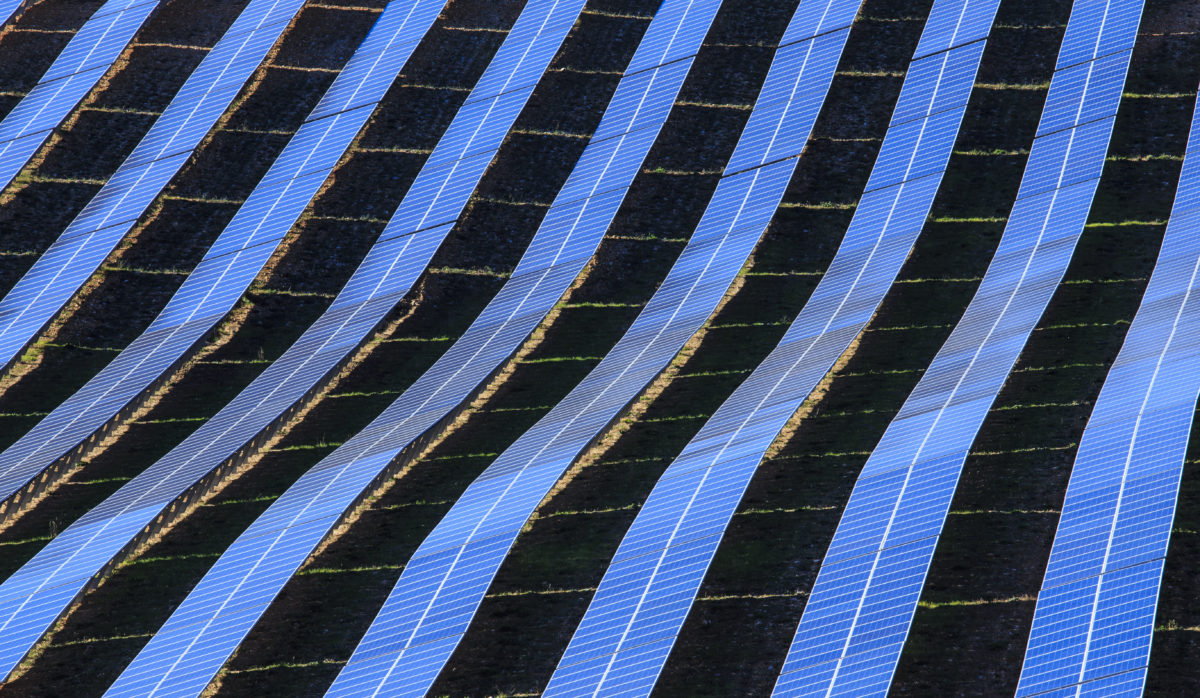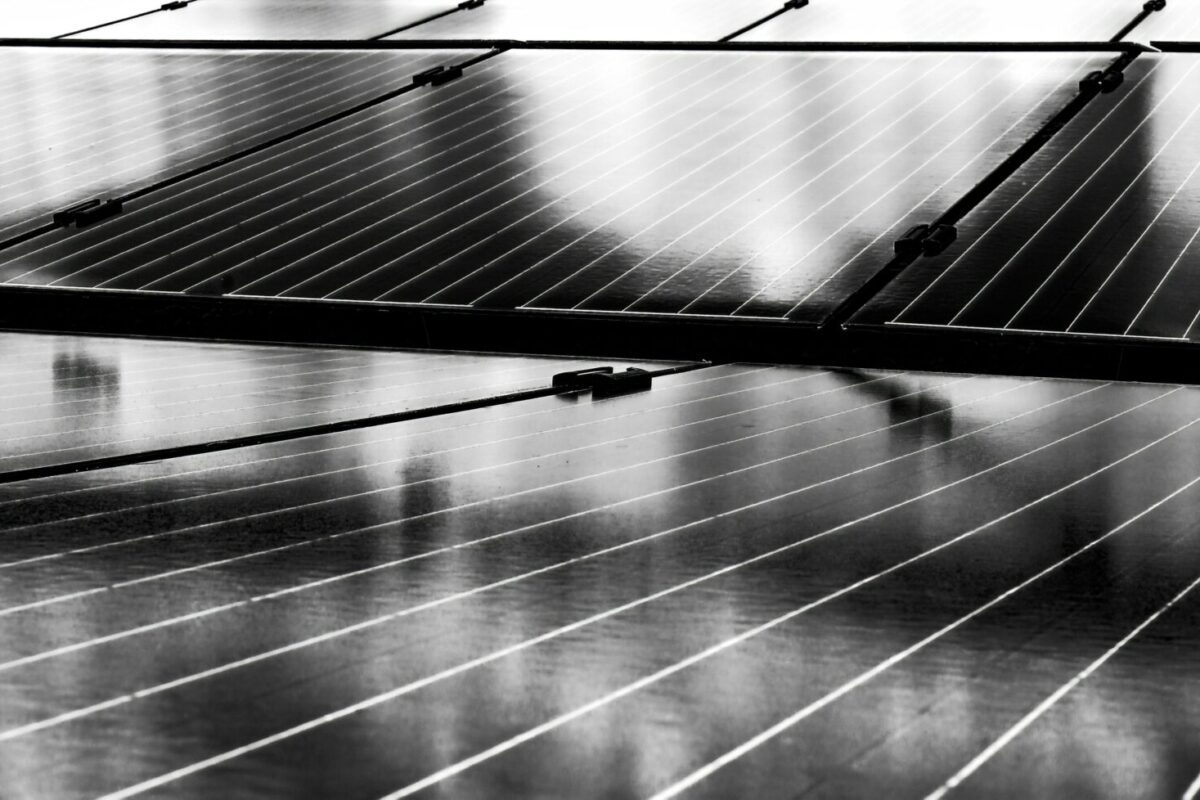From pv magazine India
India added an aggregate 1.2 GW of power generation capacity in the first two months of the current financial year (April-May 2021), all of which came from solar (1 GW) and wind (0.2 GW), according to a new report by Care Ratings.
The two-month capacity addition has been the highest in the last four years when compared to the same months in the previous years.
Also, the 1.2 GW of solar and wind capacity addition in the first two months of 2021-22 has been double that of the same period during the previous year.
As of May 31, 2021, the nation reached a total domestic electricity generation capacity of 383 GW, with conventional energy capacity at 288 GW (75% share in total) and renewable energy capacity at 96 GW (25% share), the Care Ratings analysts stated.
Coal-based power, the dominant source of electricity in the country, has an installed capacity of 209 GW (55% share in total).
Solar power generation capacity currently stands at 41 GW and wind power at 39 GW. Since 2016-17, capacity addition to solar power has been surpassing all other energy sources.
Discom dues
The report stated outstanding dues owed by Discoms to power generators as of April 30, 2021, amounted to INR 68,508 crore ($9.2 billion). The absence of cost-reflective tariffs, high operational expenses, and AT&C losses, along with huge historical outstanding dues, has been pressuring the finances of state distribution utilities over time.
The outstanding dues were the highest for the Discoms of Tamil Nadu at INR 13,717 crore ($1.8 billion). The other states with notable outstanding dues are Rajasthan (INR 10,326 crore, or $ 1.4 billion) and Maharashtra (INR 9,749 crore, or $1.3 billion). These three states accounted for nearly 50% of the total outstanding dues.
This content is protected by copyright and may not be reused. If you want to cooperate with us and would like to reuse some of our content, please contact: editors@pv-magazine.com.




By submitting this form you agree to pv magazine using your data for the purposes of publishing your comment.
Your personal data will only be disclosed or otherwise transmitted to third parties for the purposes of spam filtering or if this is necessary for technical maintenance of the website. Any other transfer to third parties will not take place unless this is justified on the basis of applicable data protection regulations or if pv magazine is legally obliged to do so.
You may revoke this consent at any time with effect for the future, in which case your personal data will be deleted immediately. Otherwise, your data will be deleted if pv magazine has processed your request or the purpose of data storage is fulfilled.
Further information on data privacy can be found in our Data Protection Policy.